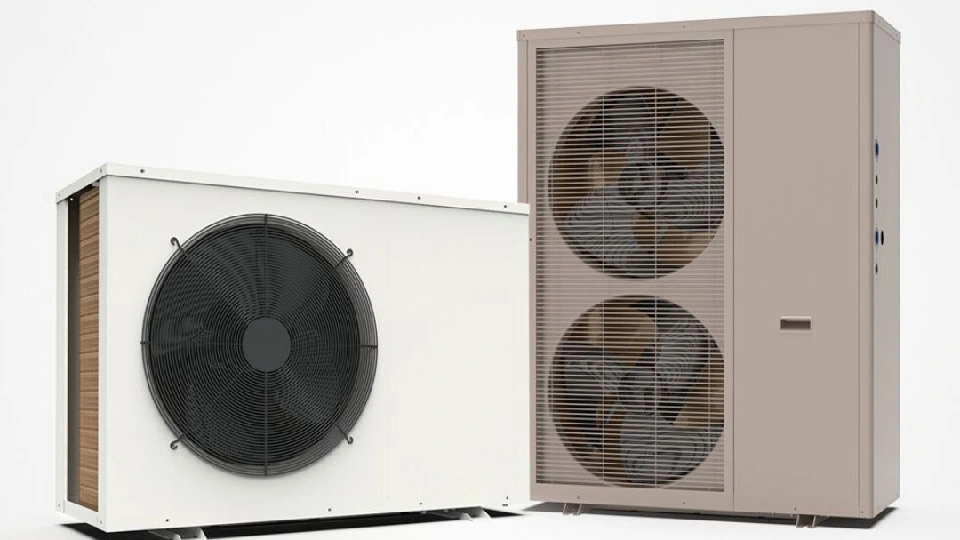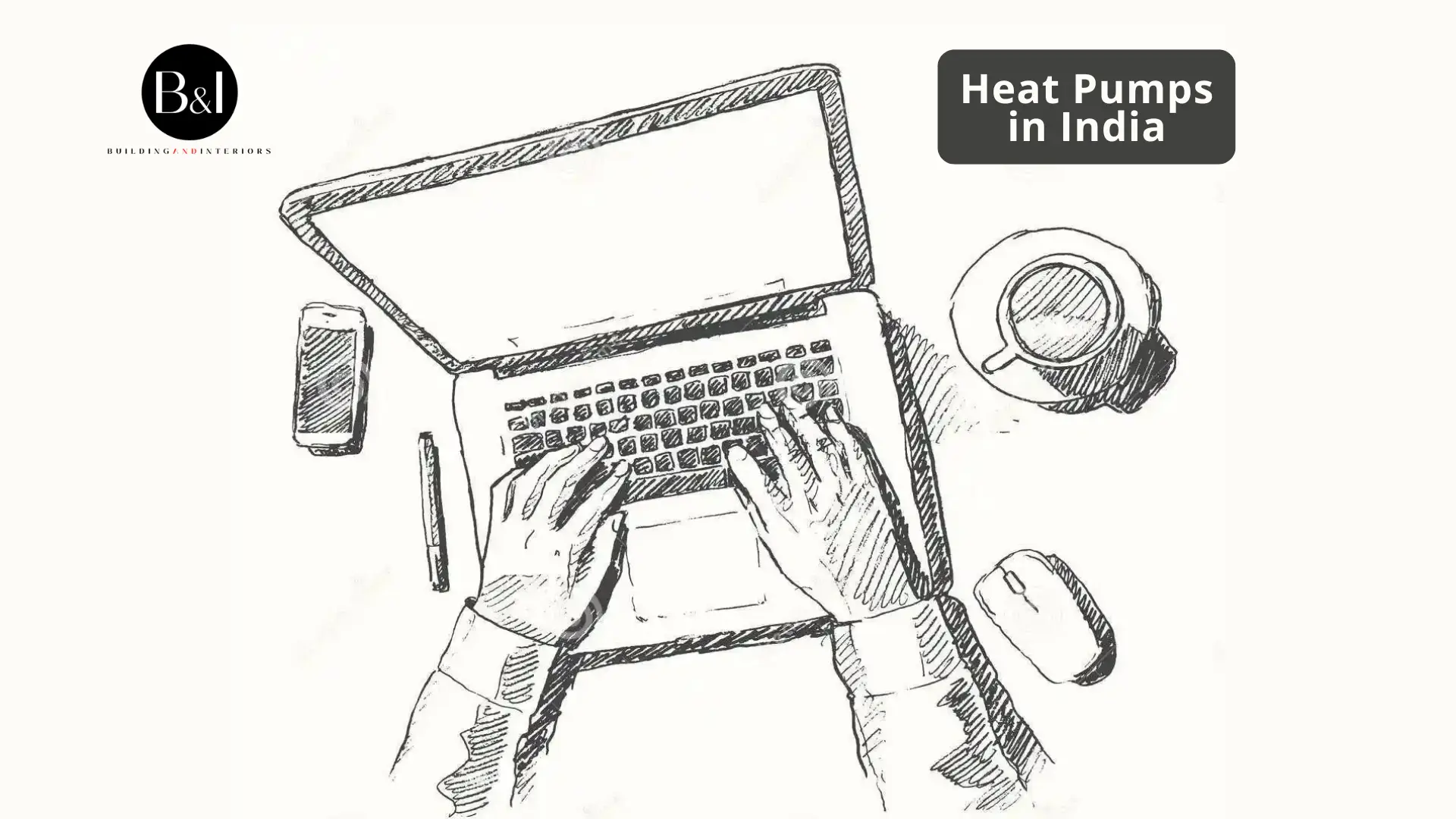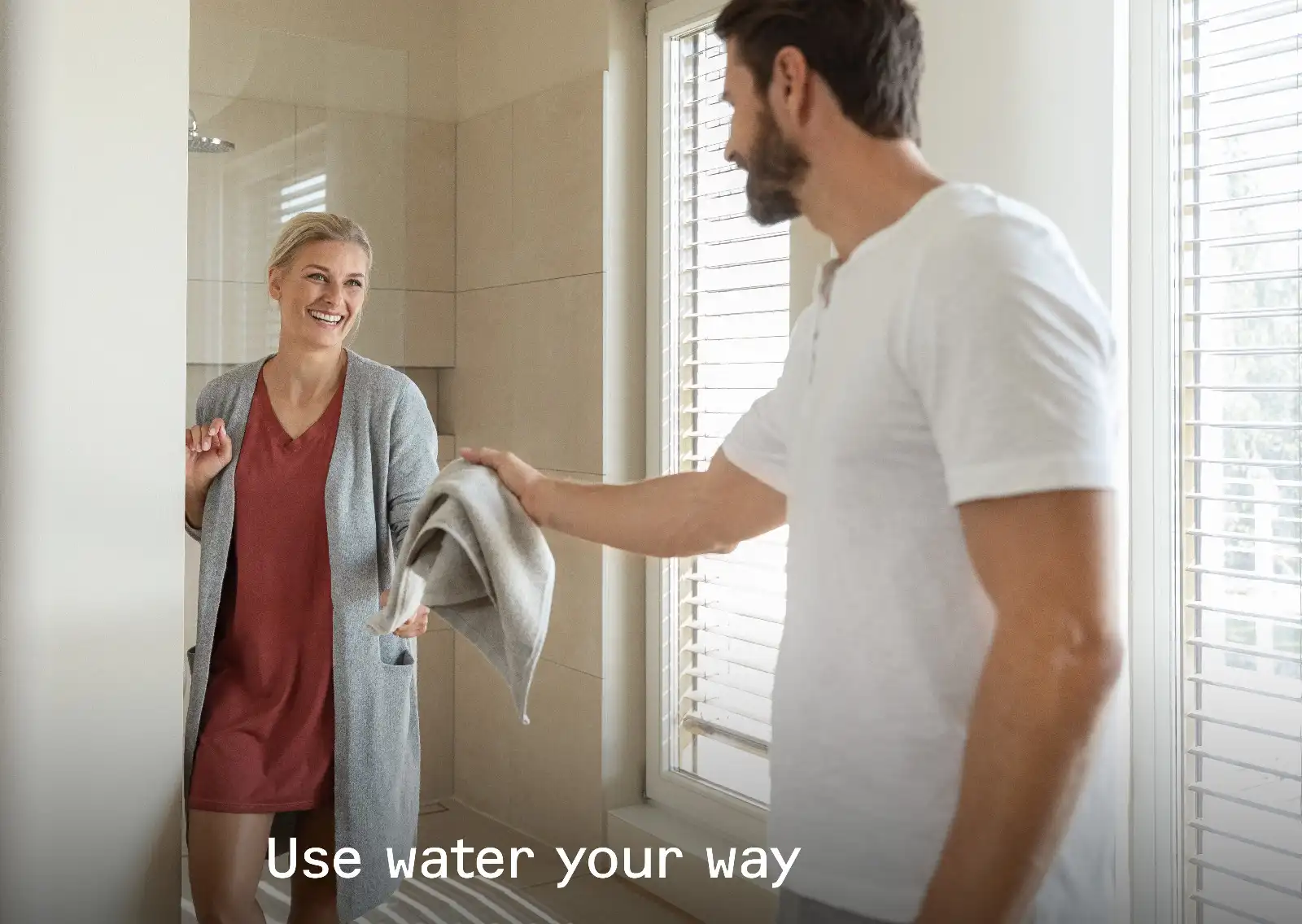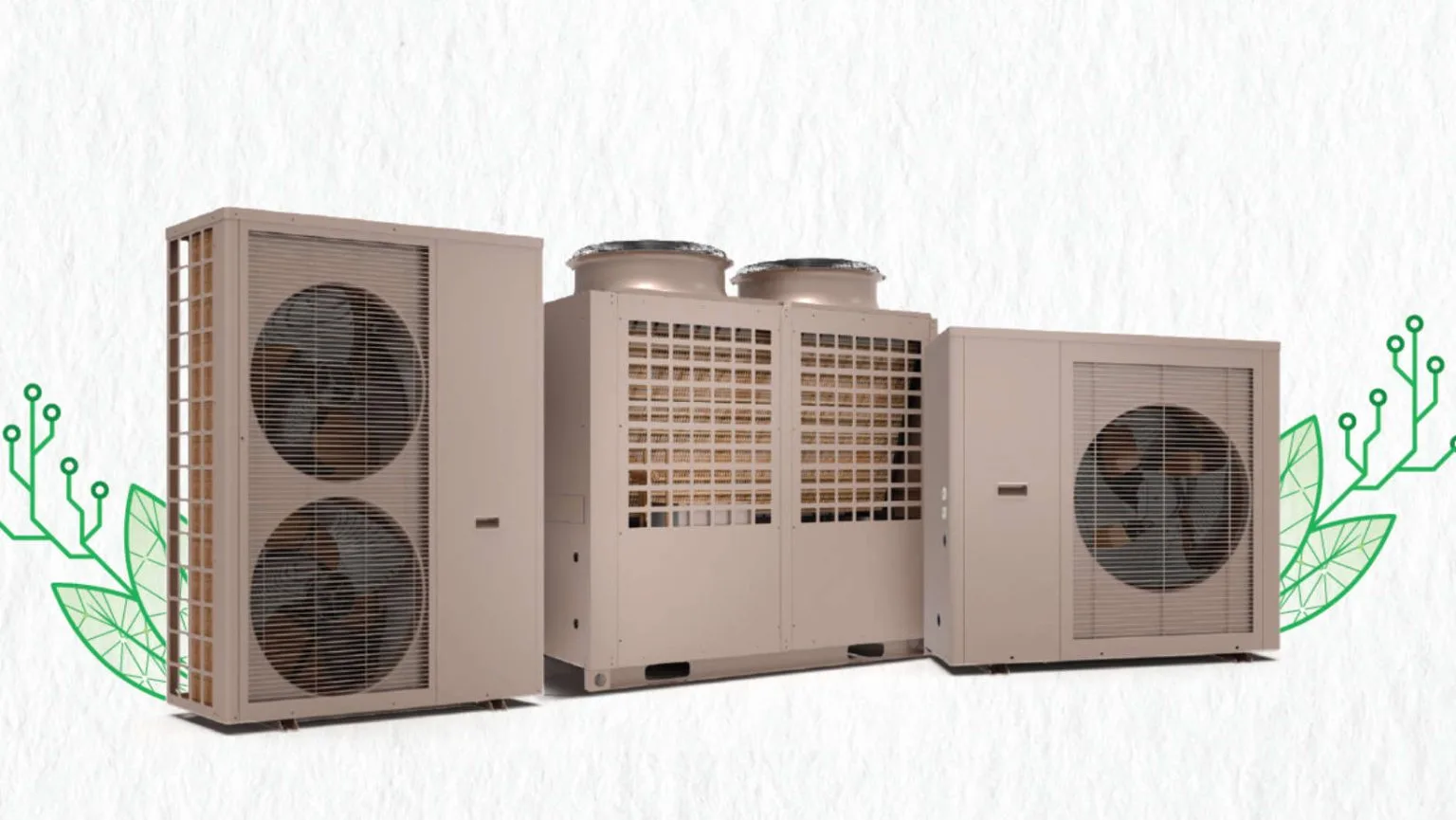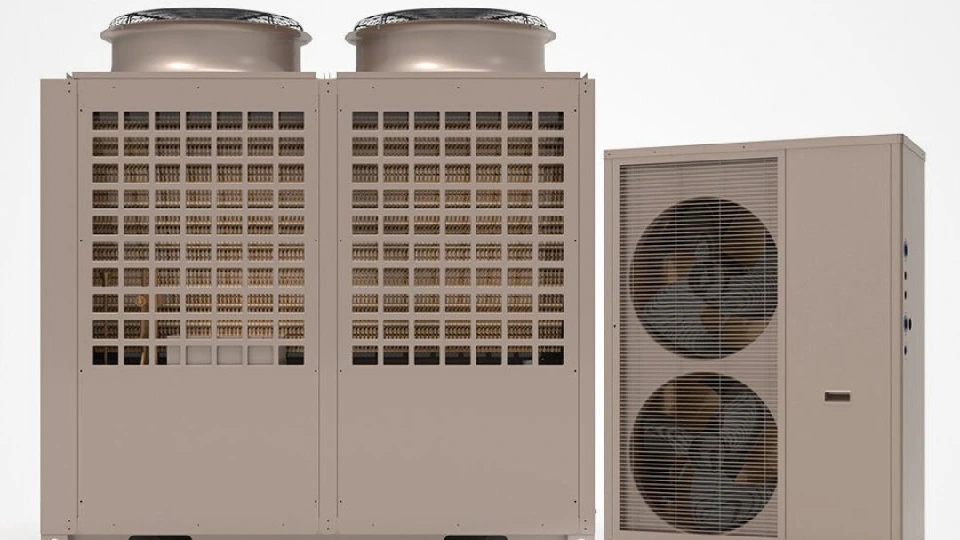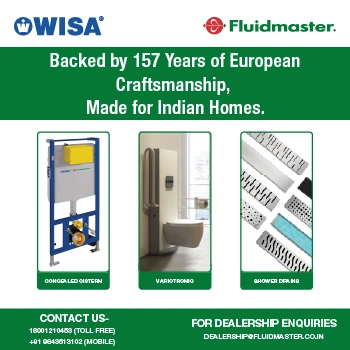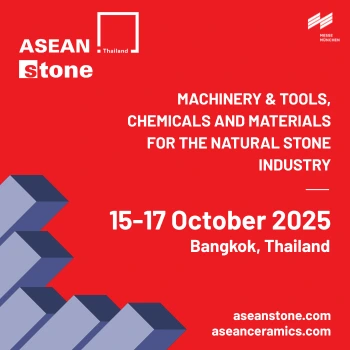Heat pump water heaters (HPWHs) shine as a top choice for energy-saving and eco-friendly home appliances. Unlike traditional water heaters that generate heat directly, heat pump water heaters transfer heat from the air or ground; hence, they reduce energy consumption to a great extent. While buying these heat pump water heaters requires thorough research and a proper decision-making process, the post-purchase stage of the appliance is equally important to ensure optimum efficiency during its lifetime. This article covers the post-purchase journey of owning a heat pump water heater, including installation, service, maintenance, energy efficiency, and troubleshooting.
Heat pump water heaters can cut electricity costs by up to 70% compared to their traditional counterparts thus making them an attractive choice for Indian homes.
Heat pump water heaters – The post-purchase journey of a consumer
While deciding on water heating systems, consumers today are not just driven by costs, they also take into account the sustainability and longevity of the product. Heat pump water heaters offer numerous advantages post-purchase which have been discussed below:
Installation
Installation is generally considered a very important step when it comes to the performance and efficiency of a heat pump water heater. In most cases, it is generally advised that the system be installed only by an expert because the system will thereby be properly set up to the requirements of the manufacturer and the local building codes. An expert heat pump technician has an in-depth understanding of electrical and plumbing connections, ventilation, and placement.
Correct location
The location of a heat pump water heater is very important when it comes to the efficiency of the heat pump water heater. The heat pump water heater placement should be at a location with good air circulation, preferably in the basement or a utility room, with minimal temperature differences from day to night. This allows the heat pump water heater to work efficiently in drawing heat from the surrounding air. Additionally, one should maintain air space around the heat pump water heater to ensure proper airflow and accessibility for maintenance.
Understanding system components
Understanding the various components involved within the system is critical to proper operation and service. Most heat pump water heaters include a heat pump, storage tank, and associated controls and sensors. The heat pump transfers the heat it captures from the air to the water of a storage tank. Much of this is aimed at enabling the homeowner to better operate their system, give them a foundation for troubleshooting problems, or be in a better position to understand when service may be required.
Maintenance and service of heat pump
For proper functioning, a heat pump water heater requires periodic service and maintenance. The homeowner should periodically inspect the unit for wear, leaks, or strange noises. It is very important to clean the air filters and coils regularly because dust and other debris reduce the efficiency of the system. Depending on the environment, one would need to clean these every few months.
The anode rod is a key component that enhances protection against corrosion across the water heater tank. The homeowner must inspect the anode rod every year and replace it if necessary.
Racold heat pump water heaters with Titanium Plus Technology have titanium enamel coating in the tank and heating element, preventing corrosion. In addition, their Magnesium Anode protects your heat pump water heater and gives it a long life.
Energy savings and cost efficiency
Undoubtedly, one of the main reasons for buying heat pump water heaters is the savings provided on energy costs. Traditional water heaters use electricity or gas to create heat, therefore they consume a lot of energy in that process. However, heat pump water heaters use electricity to move heat from the surrounding air to the water. This makes it a much more energy-efficient process and leads to lower electricity bills for homeowners and businesses alike.
The water heater setting should be ‘appropriate’ for both energy efficiency and safety. Most manufacturers recommend a setting of about 50°C, adequate to satisfy most household needs while keeping energy use at a minimum.
Additionally, many state governments offer incentives and rebates for installing energy-efficient appliances which can further offset the initial installation cost.
Ease of use and performance
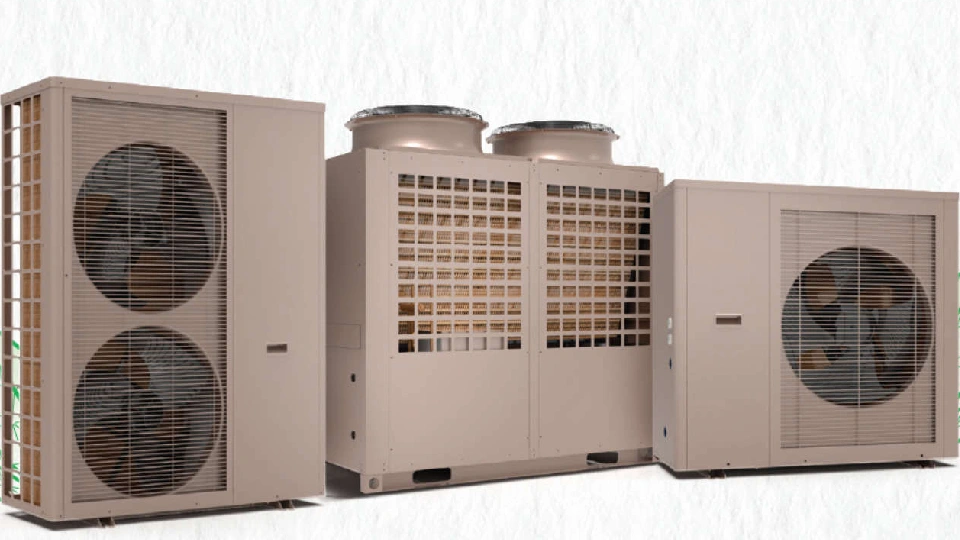
Heat pump water heaters are hassle-free and easy to operate. Racold designs heat pump water heaters with a Coefficient of Performance (CoP) of 4.2 for the 300-litre capacity and 3.8 for the 150-litre and 200-litre capacities. This means that the energy produced in the form of hot water is 4.2/3.8 times more than the energy consumed. Also, they can be three times more efficient than traditional electric water heaters and 50% more efficient than natural gas water heaters. This implies that customers could save up to 70% on their electricity bills as compared to a conventional water heater. Racold designs its heat pumps according to European standards, which offer superior conduction of heat and result in excellent performance.
Long-term environmental benefits
With the increase in the number of residential and commercial spaces that use this technology, the total reduction of conventional sources of energy will decrease and so will the emission of greenhouse gases. So, buying heat pumps is the ideal choice for people who want a safer tomorrow for the coming generations.
Troubleshooting: Common issues faced while using heat pump water heaters
Low supply of hot water
This problem may be due to incorrect water temperature settings, thermostat failure, or a malfunctioning heat pump. The user should first check the temperature setting and thermostat. If the thermostat still does not work properly after adjusting the temperature setting, it may need professional inspection and repair.
Noise issues
Heat pump water heaters can be a bit noisy when running, mostly when the compressor or the fan is running. Though one anticipates a little noise, unusual or excessive noise may indicate some problems, such as loose components or even debris in the system. Regular maintenance includes cleaning and checking to avoid and fix noise problems.
Racold heat pumps have an impressively low noise level of 52 dB at 1 meter. This makes them the perfect solution to this problem.
Leakages
The water heater system may have leakages that may be blamed on a loose connection, corrosion, or even a faulty valve. Therefore, one should identify the source of the leak to effect necessary repairs.
Conclusion
Correct installation of the heat pump water heaters post buying, periodic service and maintenance, and considerate usage will stretch out its best performances for the longest period. Knowing and understanding the parts of the system, maintaining it regularly, and solving issues as needed will help homeowners get the most out of benefits: reduced energy use, lower utility bills, and a reduced environmental footprint. As more people become aware and install these units, the positive outcomes will also grow and it will lead to a greener and more sustainable world.
Installation of heat pump water heater: Factors to consider at the construction stage
Planning to build a new home or commercial project? Are you aware that heat pumps can be the best solution to meet your hot w








